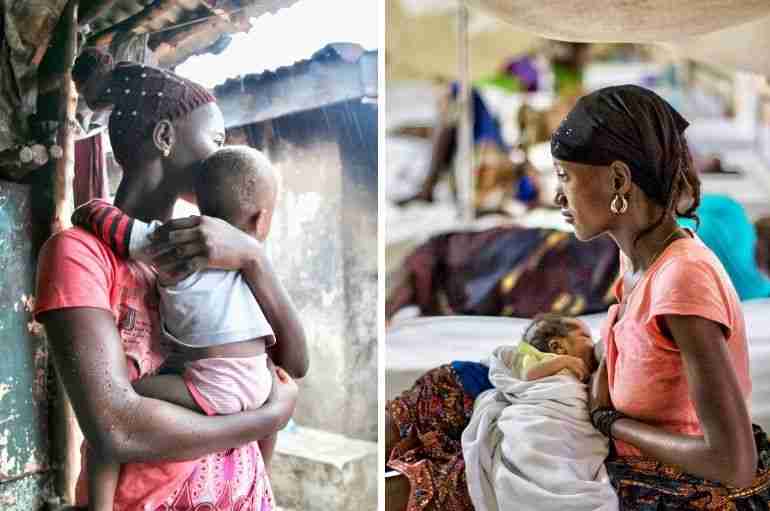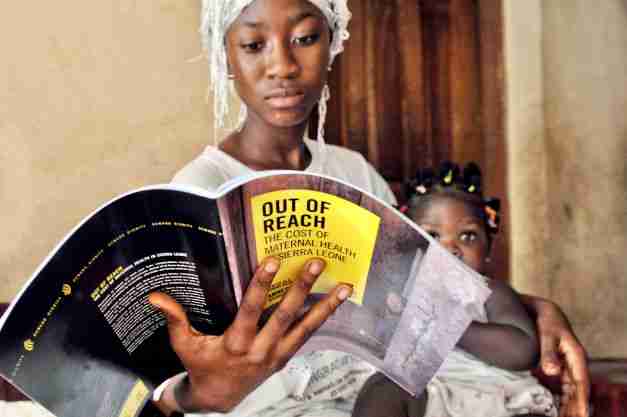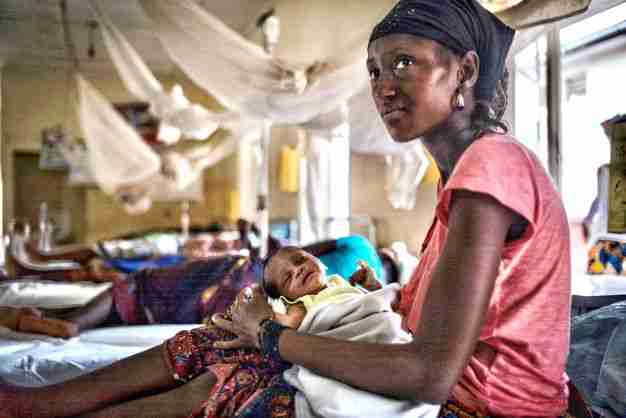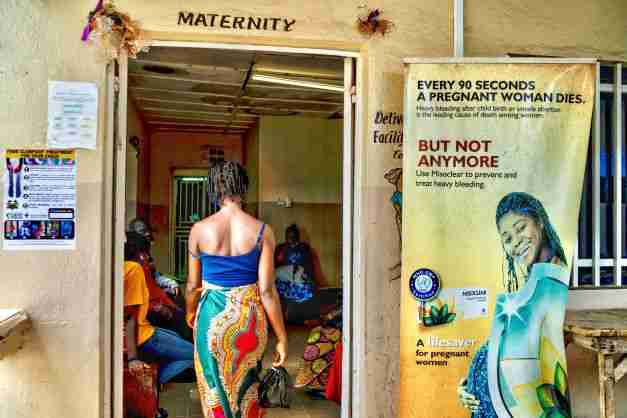Faced With High Teen Pregnancy Rates, Sierra Leone Has Approved A Draft Bill To Decriminalize Abortion
Sierra Leone’s president says his government has unanimously approved a bill that would decriminalize abortion and overturn the country’s colonial-era abortion law.

Sierra Leone’s president says his government has unanimously approved a bill that would decriminalize abortion and overturn the country’s colonial-era abortion law.
President Julius Maada Bio said on Friday July 1 that his government had unanimously backed a “risk-free motherhood” bill that would expand access to abortion in the country, according to the Guardian.

Due to an 1861 law, abortion is currently only permitted in Sierra Leone when a woman’s life is at risk, according to Africa News.
Sierra Leone has one of the highest rates of teen pregnancy in the world, with almost a third of all girls between the 15 and 19 years old giving birth.

Unsafe abortions also account for up to 10% of maternal deaths in the country, which has the world’s third-highest maternal fatality rate in the world, according to The Guardian.
In 2015, the parliament had tried to reform the law, but the bill was blocked by then-president, Ernest Bai Koroma, who said it should be put to a referendum due to pressure from religious and anti-abortion groups, according to Africa News.
The exact stipulations of the new bill will likely be known when it is submitted to parliament, but campaigners said the World Health Organization’s abortion guidelines, which state that safe abortion is essential healthcare, were used during the process, the Guardian reported.
Bio said the bill would guarantee the health and dignity of all girls and women in the country following the US Supreme Court’s decision to overturn Roe v. Wade, the landmark 1973 ruling that guaranteed access to abortion as a constitutional right.

“At a time when sexual and reproductive health rights for women are either being overturned or threatened, we are proud that Sierra Leone can once again lead with progressive reforms,” he said.
The government will now submit the draft bill to parliament, which will then debate and vote on it, according to the presidency.
“This is a landmark moment for girls and women in this country, and it shows we are now building a world where we can live in the most basic of dignities: to make choices over our own bodies,” Josephine Kamara, a women’s rights activist from Sierra Leone, told the Guardian.




